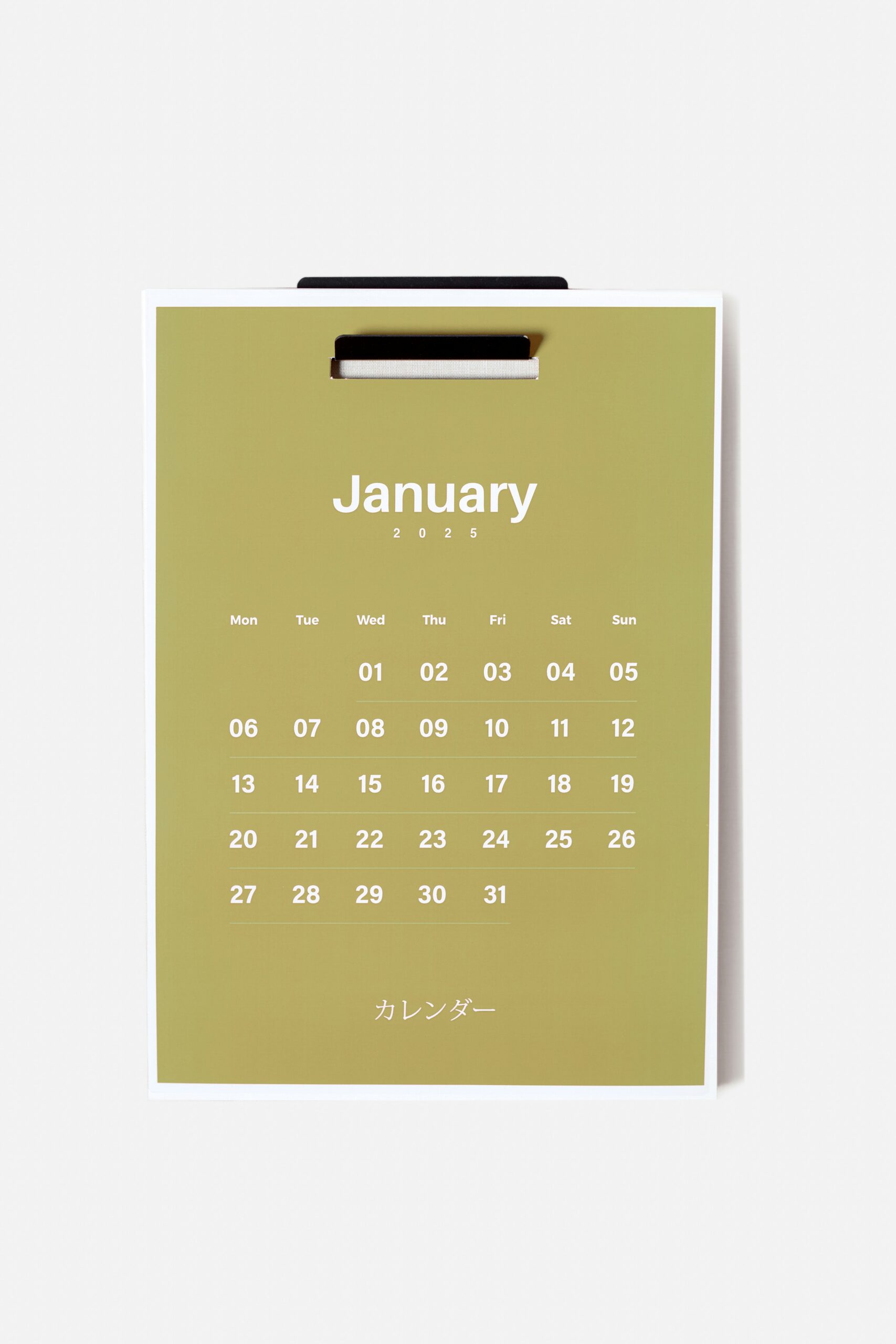
Hello, I’m Federico L’Huillier, a Sommelier and Wine Expert originally from Buenos Aires, Argentina. For the past 15 years, I’ve been living in the Netherlands, and for 12 of those years, I’ve called Haarlem home. I have a wife and two lovely kids. Additionally, I’m the director of The Wine Education Center, a wine school—or more like a wine cultural center—dedicated to fostering knowledge and love for wine..
This is my first blog for Haarlem Today, and I hope you enjoy it!
For my very first blog, I’d love to share my version of Dry January. I wholeheartedly support the initiative, launched by Emily Robinson in 2013 while working for Alcohol Change UK, as it encourages people to think about their alcohol consumption and drink responsibly.
Here’s my take on Dry January: After two weeks of gastronomic indulgence during the Christmas break, I like to ease back into healthier habits. I focus on eating well and returning to my regular wine consumption, which, for me, means enjoying wine whenever I feel like it. Most of the time, this means one or two glasses during the weekend with my wife. However, I don’t stop enjoying wine altogether. Let’s face it: we’re still living in Haarlem, where we endure six months of cold, rainy, and grey weather, lasting until June. For me, there’s nothing more comforting than opening a nice bottle of wine to share with my wife while we watch a movie after the kids are asleep—or hosting friends and sharing some white or red treasures together.
So, my Dry January involves enjoying only dry wines. These are wines that have been fully fermented, with little to no residual sugar, unlike sweet or fortified wines. For sparkling wines, the best choice is Brut Nature, as no additional sugar is added.
Since it’s winter, the winter months are the perfect season to enjoy medium- to full-bodied wines. For sparkling wines, consider rosé or vintage white varieties. These wines are complex and fuller-bodied, with pronounced autolytic flavours such as brioche, toast, cookies, and bread. Because vintage sparkling wines typically mature in the bottle for 30 to 36 months or longer, the bubbles are finer and well-integrated. My go-to choice for vintage sparkling wines is the Spanish Cava Gran Reserva style, which must mature in the bottle for a minimum of 30 months. Many producers exceed this, resulting in wines with remarkable complexity and flavour concentration—all at a fair price compared to vintage Champagne. In Haarlem, there is an extraordinary wine store called Divinité Wines (Kleine Houtstraat 23) which has one of the most complete Spanish wines portfolios in The Netherlands. There you can find these beauties. The wines pair wonderfully with an Indonesian rice table that you can order to be delivered at your home at Bistrobar Indonesia (Zijlstraat 49).
For whites, consider those with a touch of oak, such as French white Burgundies or an American Chardonnay. Sauvignon Blancs from Austria, particularly from the Steiermark wine region—specifically the sub-region of Südsteiermark DAC—are outstanding examples of this variety matured in oak, something rarely found in French Sauvignon Blancs. Grab your bike and cycle to Bacchus Wijnhuis (Kleverparkweg 22) where you will find an outstanding wine selection.
For a more adventurous choice, try the Godello white grape variety from northwest Spain, which shares similarities with Chardonnay. These wines pair wonderfully with grilled fish, oven-baked fish, pasta with cream-based sauces, or cheese. A great excuse to go to the Saturday Market at the Grote Markt and get some fresh fish go pair up with these wines.
For reds, this is the time to savour bold, expressive, yet elegant wines like Italian Barolo or Amarone, a classic French Bordeaux, a fantastic Malbec from Argentina, or a great Cabernet Sauvignon from Chile. Bacchus Wijnhuis has an amazing variety of these styles of wines, from famous Bordeaux Chateaux’s and Italian Aziendas to small producers with high quality and curated wines.
If you prefer something less bold but still expressive and refined, opt for an outstanding Spanish Rioja, a delicious Italian Chianti Classico, or a surprising wine made from the Mencía grape variety from Bierzo in northwest Spain. I find Mencía to be a fascinating mix between Pinot Noir and Cabernet Franc. At Divinité Wines you will find the classic Bodegas and what’s fascinating, the modern styles produced in the most famous Spanish wine regions, like the modern styles of Rioja or Priorat. But, as well, the best wines from lesser-known Spanish regions like Bierzo, Mallorca, and La Mancha, which produce outstanding high-quality wines that rarely leave Spain due to small production and local consumption. (This is a tip between you and me—don’t share it!).
These reds pair beautifully with grilled or oven-cooked red meats and charcuterie, and Rioja, Bierzo, Chianti, and Malbec are also excellent with stews.
Feeling adventurous? Try the local dish boerenkool stamppot met worst, paired with an Austrian oaked Zweigelt red wine (Zweigelt being Austria’s flagship black grape variety). All the wines I’ve mentioned so far are dry.
Both shops, Divinté Wines and Bacchus Wijnhuis, have knowledgeable and approachable owners who love to answer questions. Whenever I visit, I enjoy professional discussions and great laughs about wine. These shops provide excellent customer service and will happily recommend wines to pair with whatever you’re cooking.
So, don’t hesitate to drop by, ask for advice, and make your wine experience even better. Salud to a flavourful and enjoyable Dry January!
We hope you enjoyed this glimpse into the vibrant life of Haarlem. For more stories, tips, and local insights, keep exploring HaarlemToday. Don’t forget to share your favourite articles with friends and join the conversation on our social media channels. Until next time, keep discovering the unique flavors and experiences that make our city special.